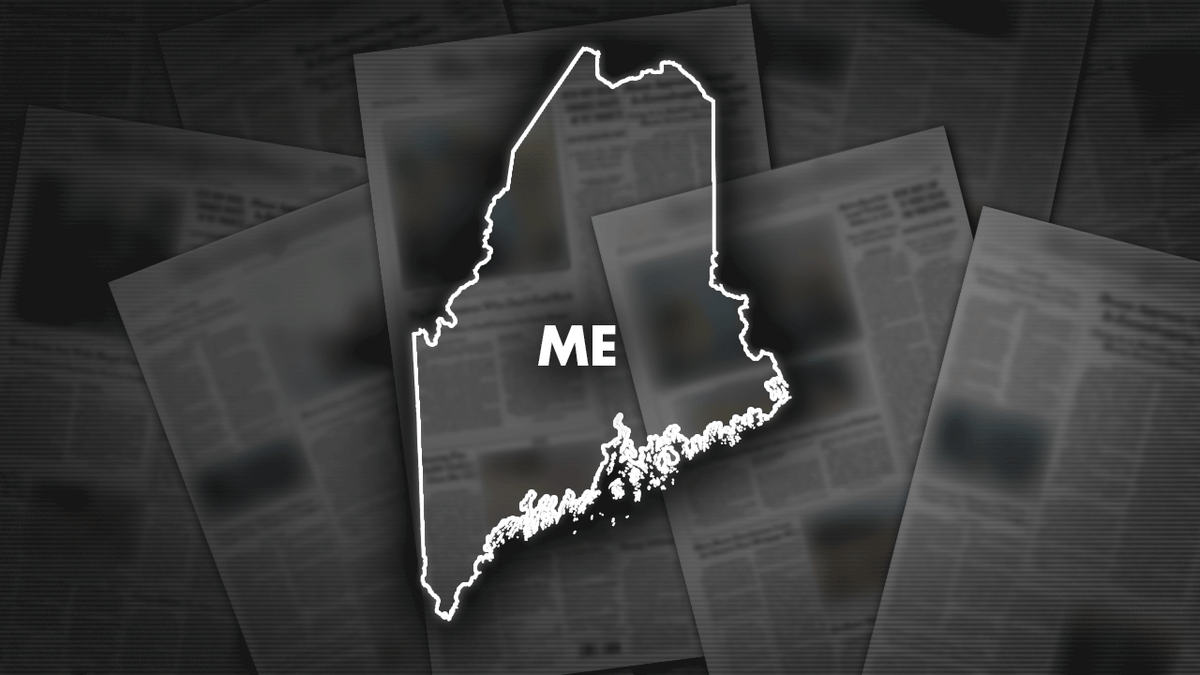Fox News Flash top headlines for December 7
Fox News Flash top headlines are here. Check out what's clicking on Foxnews.com.
A $474 million winter heating relief proposal that would provide $900 checks to most families will be considered by lawmakers as emergency legislation, Democratic Gov. Janet Mills announced Tuesday.
The proposal, to be considered by the full Legislature on Wednesday, calls for $450 payments to an estimated 880,000 Mainers, adding up to $900 total for an average family.
Mills said it's important for lawmakers to make the legislation their first priority after she swears them in on Wednesday.
"Inflation and high energy prices are stretching the wallets of Maine people, in some cases forcing them to face the impossible choice of heating their homes, putting food on the table, or paying for other necessities," she said.
Lawmakers were consulted on the proposal, and their feedback was included. A two-thirds majority vote would be necessary for the bill to go into effect immediately, allowing checks to be mailed next month, the governor said. Income limits are $100,000 for single adults, $150,000 for those filing as head of household, or $200,000 for couples filing jointly.

Maine's governor announced a winter heating relief proposal worth $474 million.
WHOOPING COUGH RATE IN MAINE DECLINES DUE TO COVID-19 PRECAUTIONS, INCREASED IMMUNIZATIONS
In addition to relief checks, the bill would provide $40 million to bolster a federal heating assistance program, keeping state benefits at the previous year's level, and another $10 million for emergency heating oil purchases to prevent people from running out.
A further $21 million would be used to bolster an existing emergency housing relief fund to prevent people from experiencing homelessness this winter.
CLICK HERE TO GET THE FOX NEWS APP
More than half of the funding for the proposal would be courtesy of rosier-than-expected revenue projections to the tune of $283 million for the current fiscal year, the governor said.
Lawmakers made a similar move last year, using about half of the state’s $1.2 billion surplus to send refund checks to about 850,000 taxpayers for inflation relief.











































